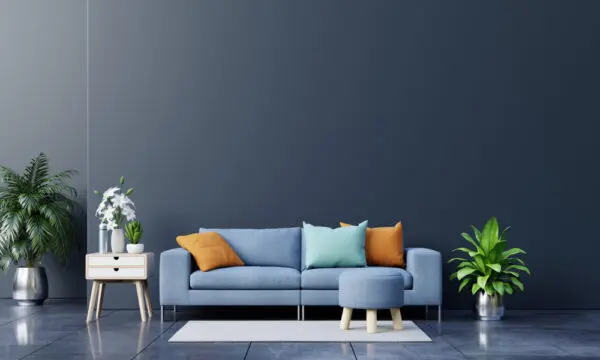Why do I get allergies when cleaning?

Why do I get allergies when cleaning? Cleaning our homes is an essential task to maintain a healthy living environment. However, it can be frustrating when we experience allergy symptoms during or after the cleaning process. So, why does this happen? Let’s dive into the reasons behind these allergic reactions. One primary culprit is dust mites. These microscopic creatures thrive in the dust that accumulates in our homes. When we disturb this dust while cleaning, it releases allergens into the air. Inhaling these allergens can trigger allergy symptoms such as sneezing, coughing, and itchy eyes. Another common cause is mold. Bathrooms, kitchens, and other areas with high humidity levels provide an ideal environment for mold growth. When we clean these areas, we may inadvertently disturb the mold spores, which can then become airborne. Breathing in these spores can lead to allergic reactions. Cleaning products can also be a contributing factor. Many commercial cleaning products contain harsh chemicals that can irritate the respiratory system and trigger allergies. Fragrances in these products can also be problematic for those with sensitivities. Opting for natural or hypoallergenic cleaning solutions can help minimize these reactions. Additionally, some individuals may be allergic to specific cleaning agents or materials. For example, latex gloves, certain detergents, or even the dust itself can cause allergic responses in some people. Identifying and avoiding these triggers can make a significant difference in preventing allergies while cleaning. To minimize allergy symptoms during cleaning, it is essential to take precautions. Wearing gloves, a mask, and long sleeves can help reduce direct contact with allergens. Opening windows and using fans for ventilation can also help dissipate allergens from the air. Regular cleaning and dusting can help prevent the buildup of allergens in the home. Using a vacuum cleaner with a HEPA filter can effectively trap dust, mites, and other allergens, preventing them from being released into the air. If allergies persist despite these preventive measures, it might be worth considering professional cleaning services. Cleaning professionals are trained to minimize allergen exposure and can use specialized equipment and techniques to ensure a thorough and hypoallergenic cleaning experience. In conclusion, allergies during cleaning can be caused by various factors such as dust mites, mold, cleaning products, and personal sensitivities. By understanding these triggers and taking necessary precautions, we can make the cleaning process more enjoyable and allergy-free.

